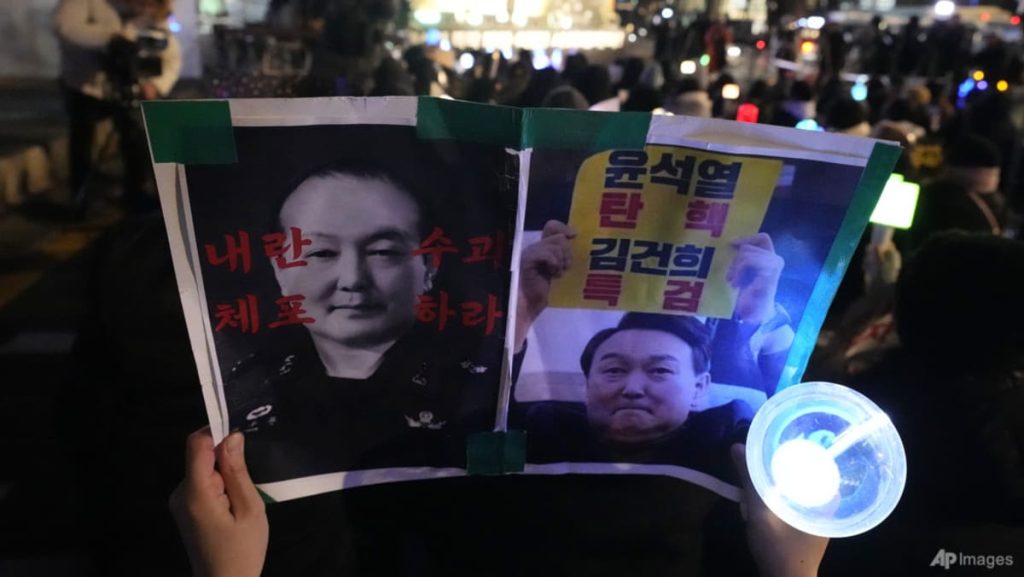The political landscape of South Korea was dramatically reshaped in December 2019 when then-President Yoon Suk Yeol attempted to impose martial law, a move that ultimately led to his impeachment. A recently unveiled prosecutors’ report, stemming from the indictment of former defense minister Kim Yong-hyun, provides a detailed account of Yoon’s actions during this tumultuous period, alleging he authorized the military to use force, including firing weapons, to gain entry to the National Assembly. These allegations paint a picture of a president determined to maintain control, even at the cost of democratic processes and potentially, human life.
The 10-page summary of the indictment report details Yoon’s alleged repeated insistence on declaring martial law. He is reported to have declared his intention to impose it three times if necessary, demonstrating a steadfast commitment to this course of action despite mounting opposition. This determination, according to the report, extended to directing military personnel to use aggressive tactics to enter the parliament building, including breaking down doors and physically removing lawmakers. The report’s most alarming allegation is Yoon’s authorization to use firearms against those attempting to block the military’s entry into the National Assembly, raising serious concerns about his respect for democratic institutions and the safety of elected officials.
The report reconstructs a tense standoff between the executive branch and the legislature. As lawmakers raced to the National Assembly on December 3rd to vote on Yoon’s martial law declaration, heavily armed troops descended upon the building. They scaled fences, smashed windows, and even landed by helicopter, creating a scene of chaos and intimidation. Inside, lawmakers were working against the clock to nullify the declaration. Yoon’s alleged orders to force entry, even with the potential use of lethal force, underscore the gravity of the situation and the potential for violent confrontation.
The prosecutors’ report alleges that Yoon issued direct orders to high-ranking military officials to breach the National Assembly. He is reported to have instructed the chief of the capital defense command, Lee Jin-woo, to “break down the door and drag them out, even if it means shooting.” Similarly, he allegedly urged the head of the Defense Counterintelligence Command, General Kwak Jong-keun, to forcefully remove lawmakers from the chamber, suggesting the use of an axe if necessary. These alleged directives reveal a disturbing willingness to employ violence against the legislative branch, a cornerstone of democratic governance.
Even after the National Assembly successfully voted to overturn his martial law declaration, Yoon’s resolve reportedly remained unbroken. The report claims that he told Lee Jin-woo that he could declare martial law a second or third time, urging the military to persist in its actions. This alleged statement suggests a disregard for the democratic process and a determination to achieve his objectives regardless of legislative opposition. The persistence with which Yoon allegedly pursued martial law, even after its rejection by the National Assembly, highlights the depth of the constitutional crisis that gripped South Korea.
While Yoon’s lawyer has dismissed the prosecutors’ report as a one-sided account lacking objectivity and common sense, the allegations contained within it are serious and demand thorough investigation. The report offers a glimpse into the behind-the-scenes power struggle that unfolded during this period of political upheaval. If substantiated, these allegations could have significant implications for Yoon’s future and further tarnish his already damaged reputation. The incident underscores the fragility of democratic institutions and the importance of upholding the rule of law, even in times of crisis. The South Korean public, and indeed the international community, awaits the outcome of further investigations to determine the full extent of Yoon’s actions and their impact on the country’s democratic foundations.

